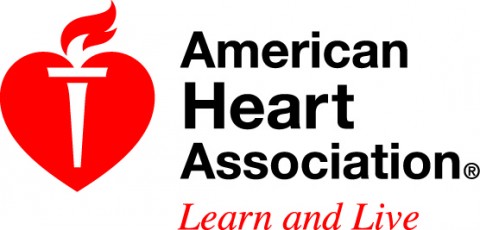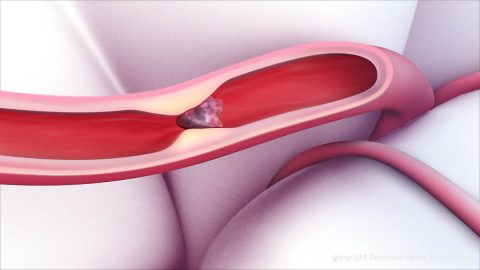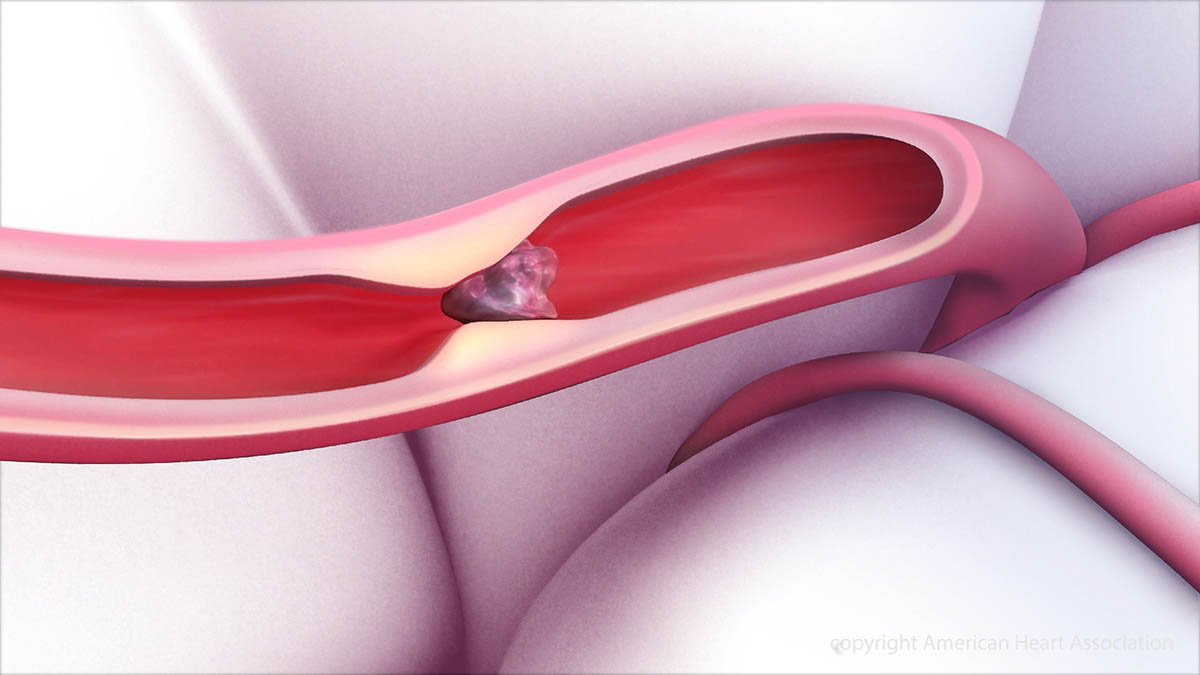Stroke Journal Report
 Dallas, TX – Being a short kid is associated with increased risk of having a stroke in adulthood, according to Danish research published in Stroke, an American Heart Association journal.
Dallas, TX – Being a short kid is associated with increased risk of having a stroke in adulthood, according to Danish research published in Stroke, an American Heart Association journal.
A prospective study examined data on more than 300,000 Danish schoolchildren – born between 1930-1989 who were examined at ages 7, 10 and 13. Researchers noted that boys and girls who were 2 to 3 inches shorter than average for their age were at increased risk of clot-related (ischemic) stroke in adult men and women and of bleeding stroke in men.

Researchers noted that a decline in stroke incidence and mortality rates in most high-income countries, primarily in women, occurred simultaneously with a general increase in attained adult height. Taken together, this suggests the involvement of shared underlying mechanisms for height and stroke development.
Researchers say these results have implications for understanding disease origin rather than for clinical risk prediction and future studies should focus on the mechanisms underlying the relationship between childhood height and later stroke.
“Our study suggests that short height in children is a possible marker of stroke risk and suggests these children should pay extra attention to changing or treating modifiable risk factors for stroke throughout life to reduce the chances of having this disease,” said senior study author Jennifer L. Baker, Ph.D., associate professor in the Center for Clinical Research and Prevention at Bispebjerg and Frederiksberg Hospital and Novo Nordisk Foundation Center for Basic Metabolic Research, Faculty of Health and Medical Sciences, at the University of Copenhagen, in Denmark.
Funding sources and author disclosures are detailed in the manuscript.
Additional Resources:
- View the manuscript online.
- Follow AHA/ASA news on Twitter @HeartNews
- For stroke science, follow the Stroke journal at @StrokeAHA_ASA



